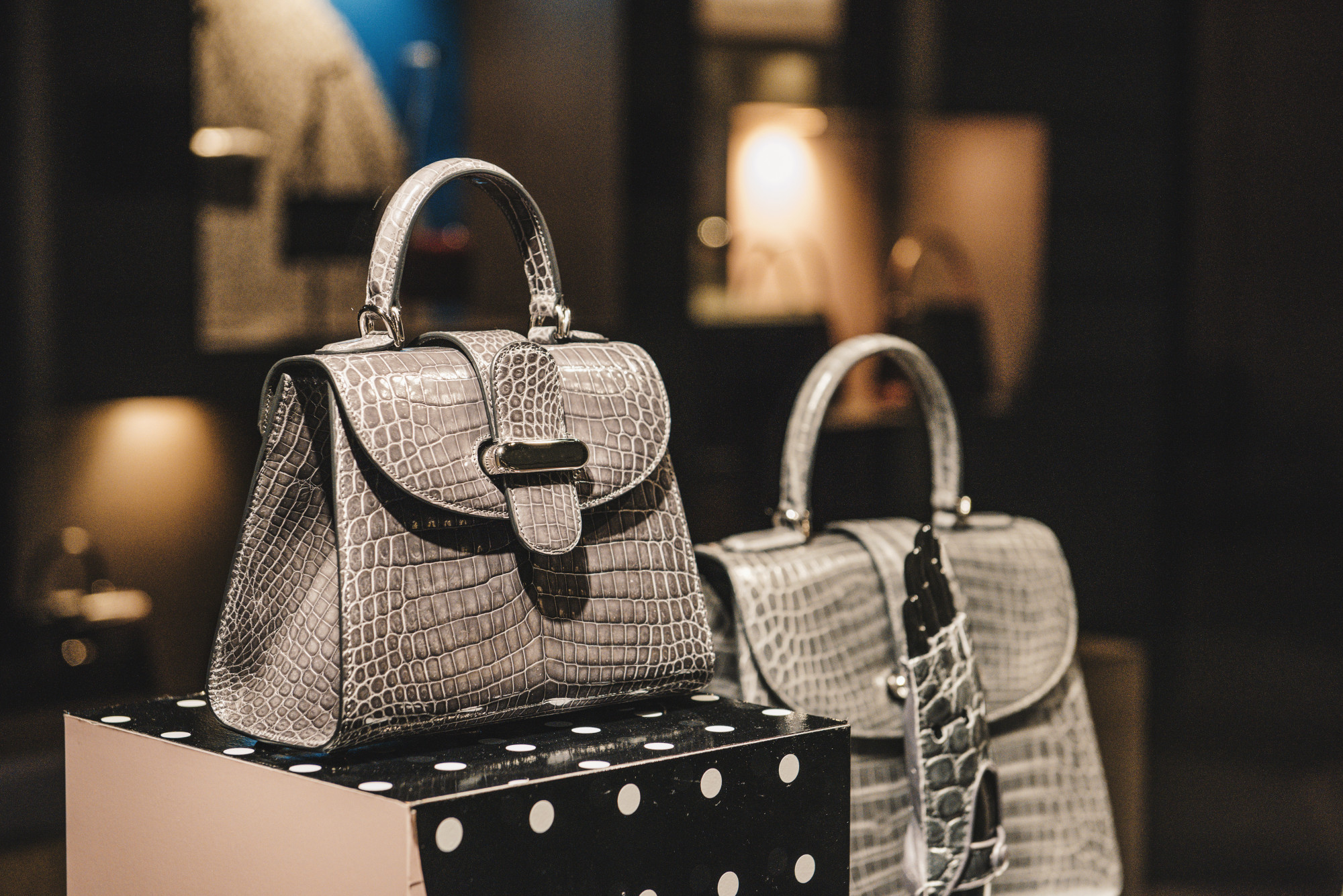
In 2019, the luxury goods market earned a value exceeding $300 billion. Not everyone knows what types of goods count as luxury goods, though. What falls under this umbrella?
Does it only include goods that don’t play any role in daily necessities? Does a luxury brand make a difference? Do luxury goods behave differently from other goods on the market?
We’ll sort out what distinguishes luxury brands from other brands in this article. We’ll also look at the economic explanations for what makes a luxury brand different.
What Makes a Luxury Brand?
Luxury brands derive their value from their brand identity rather than their utility value. Owning an item from one of these brands shows that the owner possesses more money and status than someone who does not.
If you’re struggling with what that means, think of a Louis Vuitton handbag or a Tiffany lamp. A Louis Vuitton handbag may not hold goods appreciably better than a $20 purse from Target, but these items show which social classes each owner occupies.
Luxury goods need to be recognizable and rare to retain their value. If everyone had a Rolex, it wouldn’t retain its value. Likewise, if a Rolex didn’t have strong craftsmanship, the brand’s value would slip.
Perception forms the core of a luxury brand. If luxury brands dilute their image, such as by lending their names to inferior products or offering too many discounts, their status diminishes.
A Veblen Good as a Luxury Brand
Economists would define luxury brands as brands that signify that a product is a Veblen good. Veblen goods break the usual rules of supply and demand, with demand increasing as their price increases rather than decreasing.
Veblen goods get their name from economist Thorstein Veblen, an economist who studied conspicuous consumption and status-seeking. Most people do not purchase Veblen goods.
Note that not all Veblen goods come from brands. Some, such as art objects, derive luxury status from a specific creator or a lengthy history. While these bear similarities to brands, they aren’t brands in themselves.
Some luxury brands have lost or diminished their luxury status by fulfilling that brand demand. Brands like Ralph Lauren or Tommy Hilfiger have felt their role as a status symbol slip due to too many offerings. This gives a short-term cash injection, so some luxury brands need to make this transition as part of the company’s life cycle.
Showing Status by Spending
Owning goods from a luxury brand allows owners to separate themselves from their peers. Some carry greater premiums than others, however. The extent to which something constitutes a luxury good or a Veblen good can vary.
Have you spent a little extra money to show off your status? Do you consider brands irrelevant? Regardless of how you feel about them, brands of luxury have a major place in the economy.
Want to learn more about types of goods and other economic concepts? Take a look at our business section and read a few more articles.





